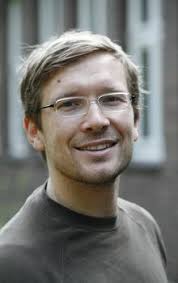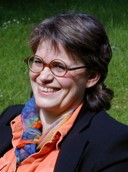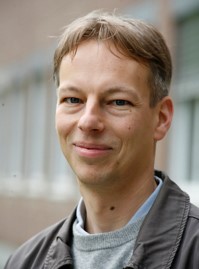Johann Heinrich von Thünen-Institut
The Johann Heinrich von Thünen Institute (Thünen Institute) is one of four German federal research institutes under the auspices of the German Federal Ministry of Food and Agriculture (BMEL). The Thünen Institute, employing around 900 researchers, drafts scientific decision-making tools supporting the policies of the German federal government and thus serves, with its application oriented and practice related research, the development of the society of tomorrow. In 14 specialized institutes Thünen Institute pursues interdisciplinary research in the following areas: economics (micro and macroeconomics of agriculture, forestry, lumber, food and fish production), technology, material use of renewable natural resources, climate and GHG emissions, biodiversity, organic farming. The Institute of Farm Economics engages in agricultural economics research relating to agricultural production processes, farm enterprises, factor markets and related policy institutions. The institute’s research findings provide a valuable source of information for political decision makers, farmers, agribusiness enterprises and nongovernmental organisations and interest groups. Quantitative analyses play an important part in the Institute’s work. Farm and regional differentiated sector models are available to assess policy impacts at farm, regional and sector level. For regional differentiated projections of developments in agriculture under different conditions as well as for policy impact analyses the regionalised agricultural economic sector model CAPRI for the EU is continuously updated, further developed, and applied for scientific policy consultation at EU and national level. The Staff Unit Climate Protection co-ordinates the scientific policy advice of Thünen Institute in the area of climate policies in agriculture and land use. Thünen Institute is the responsible entity for the national greenhouse gas inventories for agriculture and LULUCF.
MIND STEP project information on the partner's website in English.




